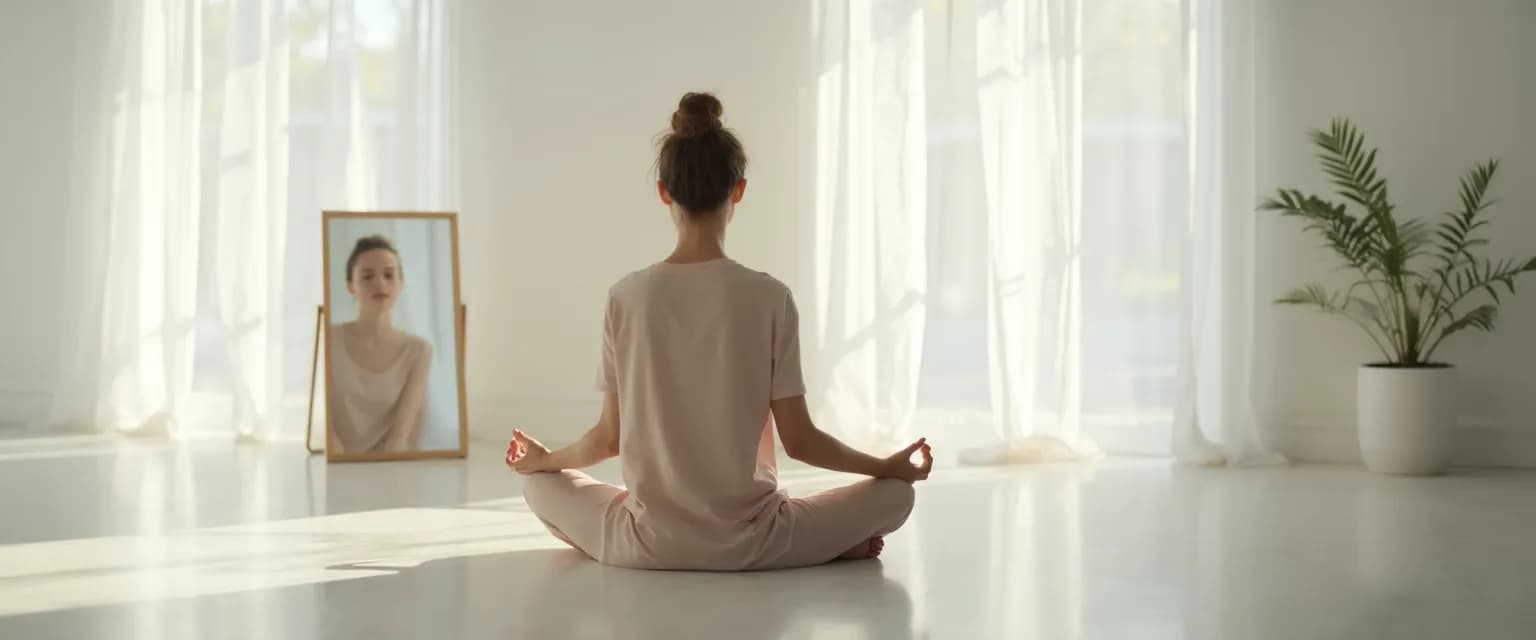Mastering Self and Social Awareness Skills Without Harsh Self-Criticism
Have you ever noticed how your quest for self-awareness can quickly turn into a harsh self-criticism session? You're not alone. Many of us struggle to develop our self and social awareness skill without becoming our own worst critics. It's like walking a tightrope – we want to understand ourselves better, but often end up falling into the pit of negative self-talk.
The truth is, genuine self and social awareness skill development doesn't require beating yourself up. In fact, research shows that self-compassion actually enhances our ability to see ourselves clearly. When we feel safe from judgment, we're more willing to acknowledge our blind spots and growth areas without defensive reactions.
Your brain is naturally designed to protect you from perceived threats – including threats to your self-image. That's why developing an effective self and social awareness skill approach requires creating an internal environment of psychological safety first. Let's explore how to build this crucial emotional intelligence foundation without the mental strain of constant self-criticism.
The Foundation of Healthy Self and Social Awareness Skills
The first step in developing genuine self and social awareness skill is recognizing the difference between reflection and rumination. Reflection is a curious, open-minded exploration of your thoughts, feelings, and behaviors. Rumination, on the other hand, is getting stuck in repetitive, judgmental thoughts that drain your mental energy without providing insights.
A mindfulness approach offers the perfect foundation for building your self and social awareness skill. This involves observing your thoughts, emotions, and behaviors with curiosity rather than judgment – like a scientist collecting interesting data rather than a critic looking for flaws.
Try this simple practice: When you notice an emotion arising, name it without attaching a value judgment. Instead of thinking "I'm feeling anxious, that's bad," simply note "I'm experiencing anxiety." This small shift creates space between you and the emotion, allowing for observation without identification.
Another key aspect of healthy self and social awareness skill development is recognizing your strengths with the same attention you give to growth areas. Our brains have a negativity bias that makes us fixate on what's wrong while overlooking what's right. Counteract this by intentionally acknowledging what you're doing well alongside areas for improvement.
Practical Techniques to Enhance Your Self and Social Awareness Skills
Let's explore some actionable techniques that build your self and social awareness skill without triggering that inner critic:
The Pause-and-Notice Technique
Throughout your day, take brief moments to pause and notice what's happening internally. What sensations are in your body? What thoughts are running through your mind? What emotions are present? Just observe without trying to change anything. This builds your awareness muscles gradually without overwhelming your system.
Curiosity Questions
Replace critical statements with curious questions. Instead of "Why am I so bad at this?" try "What's challenging about this situation for me?" or "What would make this easier next time?" Curiosity bypasses defensiveness and opens the door to genuine insights.
Body-Based Awareness
Your body often knows what your mind hasn't recognized yet. Physical sensations like tension, heaviness, or butterflies can provide valuable clues about your emotional state. Developing this aspect of your self and social awareness skill creates a more complete picture of your internal landscape.
When receiving feedback from others, notice your initial reaction without immediately acting on it. This response awareness helps you process information more effectively and choose your response rather than reacting automatically.
Integrating Self and Social Awareness Skills Into Daily Life
The most effective way to develop your self and social awareness skill is through consistent, small practices rather than occasional deep dives. Create awareness triggers throughout your day – perhaps each time you check your phone or drink water, take a moment to check in with yourself.
As your self and social awareness skill grows, you'll notice improvements in your relationships too. Understanding your own patterns makes it easier to understand others', creating a positive cycle of improved communication and connection.
Remember that developing self and social awareness skill is a journey, not a destination. Celebrate your progress along the way, knowing that each moment of awareness builds your capacity for the next. With these approaches, you'll continue strengthening this essential emotional intelligence component without the burden of harsh self-judgment.




